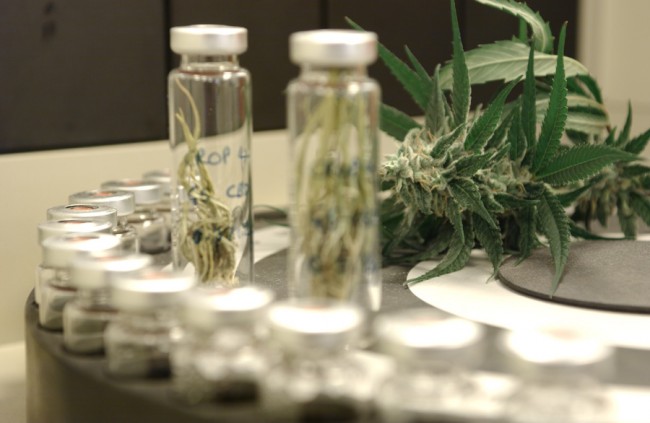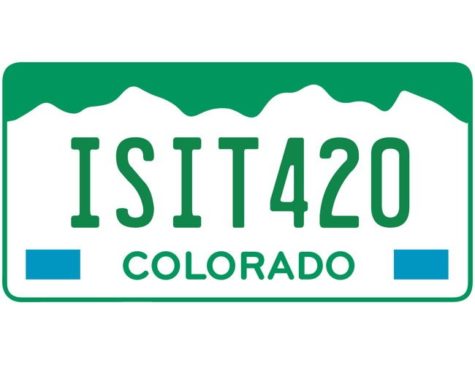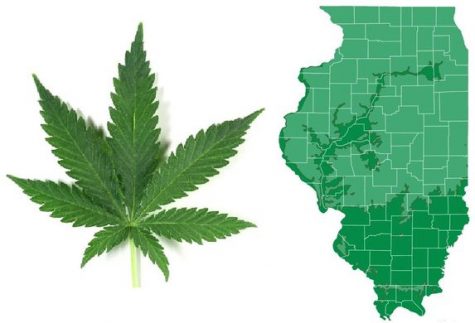State officials respond to report on reliability of Alaska’s cannabis testing labs
To prevent future inconsistencies with cannabis lab testing, state officials have advised laboratories to introduce quality-assurance activities
A report released by Alaska state on June 4 has stirred up an interesting response from state officials, who presented ideas on how to deal with inaccuracies in cannabis testing. The report questioned the reliability of potency and contaminant results provided by Alaska’s cannabis testing labs.
Two facilities were the subject of the reports on Alaska’s cannabis testing labs
When state tests were being conducted, just two labs were open – CannTest and Steep Hill. It was these two labs that were analyzed in the report by the Alaska Alcohol and Marijuana Control Office and the Department of Environmental Conservation.
One more cannabis testing lab is currently open for business in Alaska, New Frontier Research. The recent report did not include this Wasilla-based facility.
According to anchorage TV station KTUU, the state of Alaska strives to discover whether the results produced by each lab were the same. Based on the outcome of the study, both cannabis testing labs had dissimilar results. The report analyzed cannabis flower, capsules, and edibles samples, all of which were presented to CannTest and Steep Hill for testing.
Test numbers for cannabis potency and contaminants greatly differed when they were delivered to regulators.
A specific flower sample contained 24.7 percent THC when tested by CannTest. This figure dropped to 16.2 percent when tested by Steep Hill. Mold was detected by Steep Hill, whereas CannTest detected no contaminants.
Anchorage-based labs failed to prove compliance to standard operating procedures (SOPs)
The two cannabis testing labs included in the study were based in Anchorage. Although their analytical methods for potency testing were alike, the extractions methods differed. Procedures used to test for contaminants were contrasting.
Moreover, the laboratories lacked the necessary documentation “to demonstrate complete adherence to laboratory standard operating procedures (SOPs),” according to the report.
The discrepancies could not be determined by regulators, nor could they ascertain which results held more validity.
Recommendations made by state report on Alaska’s cannabis testing labs
 The state report established a number of recommendations, including one to carry out follow-up audits on Alaska’s cannabis testing facilities when they are in operation.
The state report established a number of recommendations, including one to carry out follow-up audits on Alaska’s cannabis testing facilities when they are in operation.
In order to prove that they are adhering with SOPs, regulators are advised to follow up with CannTest and Steep Hill.
To prevent future inconsistencies with cannabis lab testing, state officials have advised laboratories to introduce quality-assurance activities for the purpose of specifying the precision, accuracy, and representativeness of reported data.












